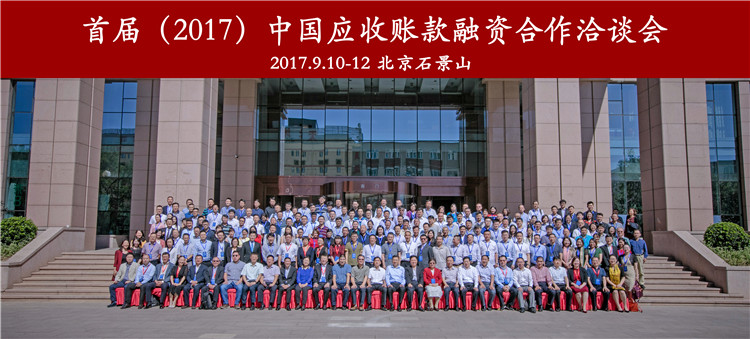
Sponsored by Shijingshan District People?s Government and hosted by the Commercial Factoring Expertise Committee of CATIS (CFEC), the First China Receivables Finance and Cooperation Conference took place in Huabei Hotel, Beijing, from Sept.10 to 12, 2017.
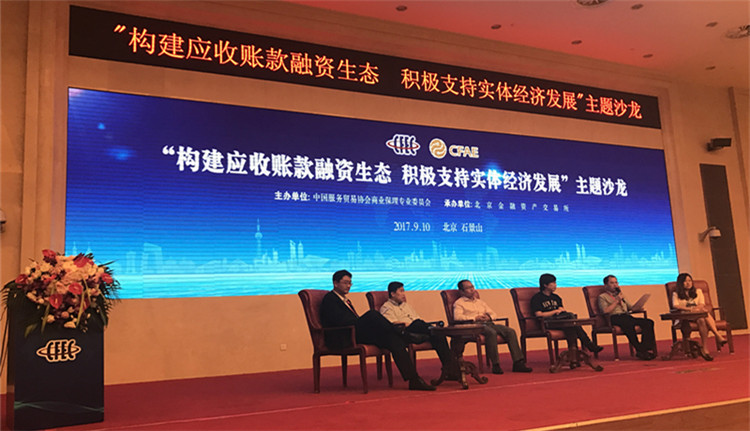
The conference was warmed up by a salon named ?Construct eco-environment for receivables financing and boost the development of real economy? in the evening of Sept. 10, 2017. The main topic was how the Beijing Financial Assets Exchange could support the commercial factoring business.
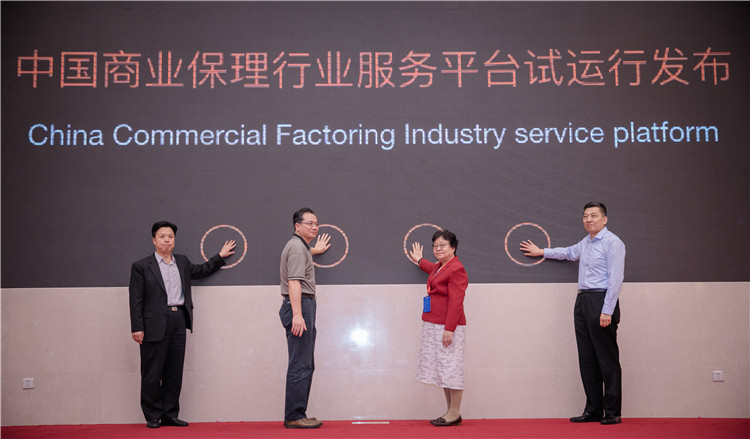
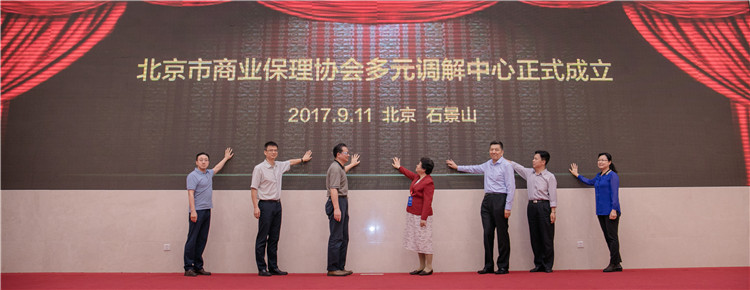
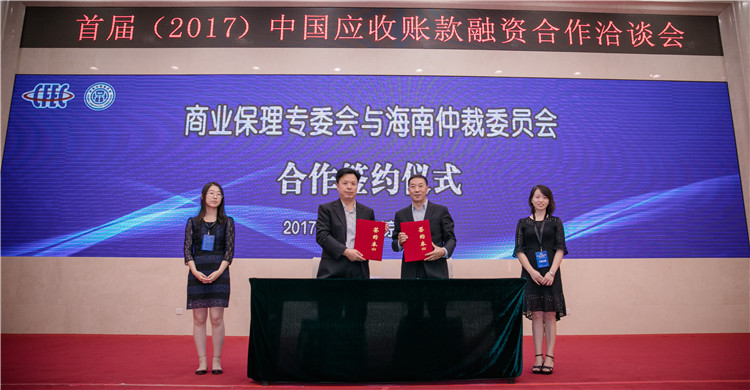
On the opening ceremony held on Sept. 11, CFEC launched the ?China Commercial Factoring Industry Service Platform?, the ?Beijing Commercial Factoring Arbitration Center of Hainan Arbitration Commission? and the ?BFA Intermediation Center?. Designed to facilitate information exchange and cooperation among commercial factors, the platform is ready for trial and further upgrade. While the Arbitration Center and the Mediation Center will serve the industry on specific cases.
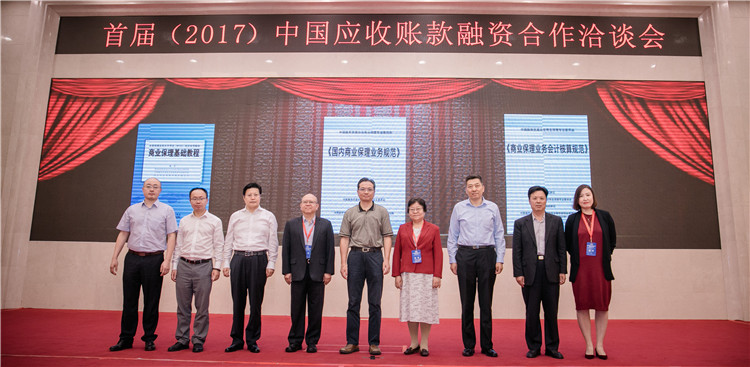
In addition, as a national committee with a panel of scholars and experts, CFEC issued an Elementary Textbook of Commercial Factoring and two guidebooks named as ?Common Practice of Domestic Commercial Factoring? and ?Common Practice of Accounting for Commercial Factoring?.


Another session consists of two seminars themed as Funding & Service for Commercial Factors and Cooperation & Communication of Commercial Factors. Directors and General Managers from leading commercial factors in China shared their views on enhancing the cooperation and service in the industry, especially domestic two-factoring businesses in China.
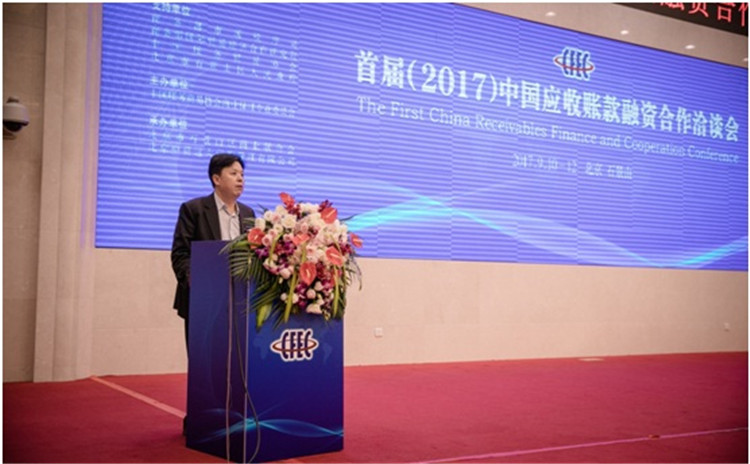
By the end of the 3-day-conference, Han Jiaping, the director and secretary general of CFEC, concluded that along with expected change of regulatory agency in the industry, the increase in the quantity of China?s commercial factoring enterprises may slow down, but the business volume may continue to grow. It is expected that the supervisory switch may result in the closure of a number of commercial factoring enterprises, such as those ?registered but do not operate? ones, ?operate beyond business scope? ones and businesses of illegal operations. On the contrary, legitimate business operations equipped with advanced financial technology and professional human resources may achieve greater success.
